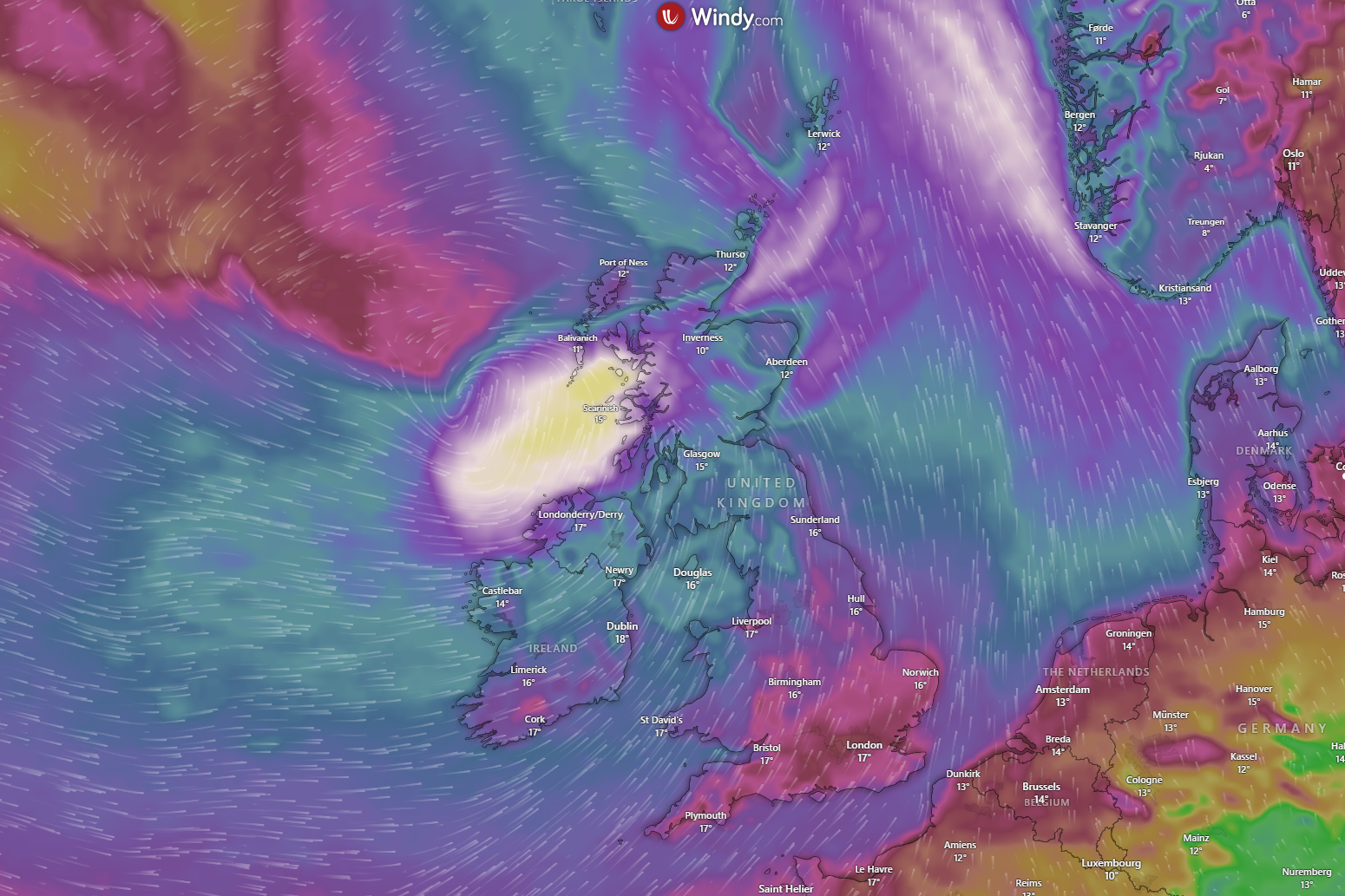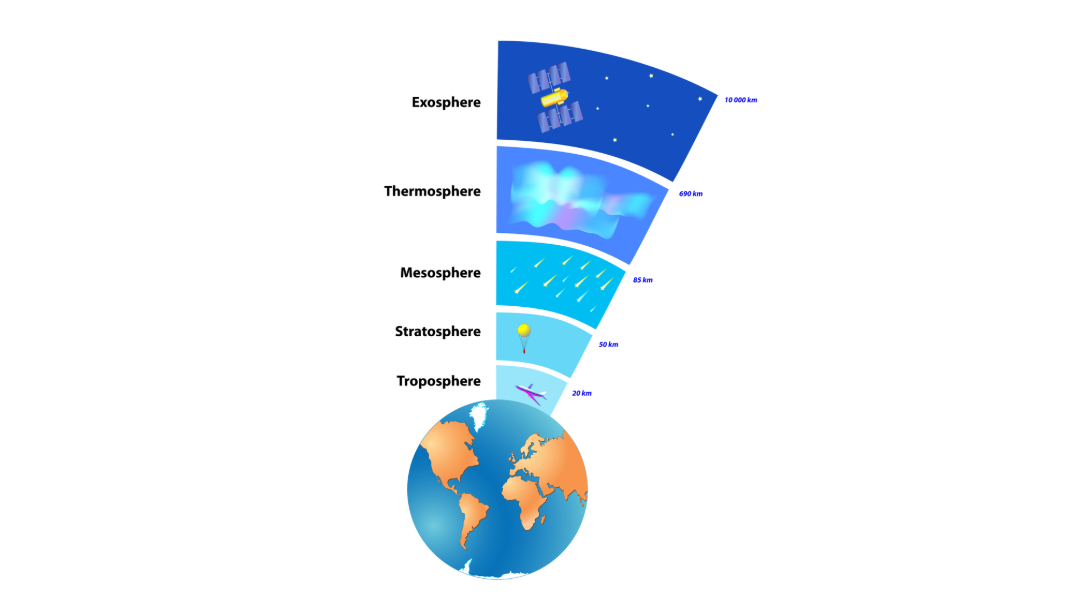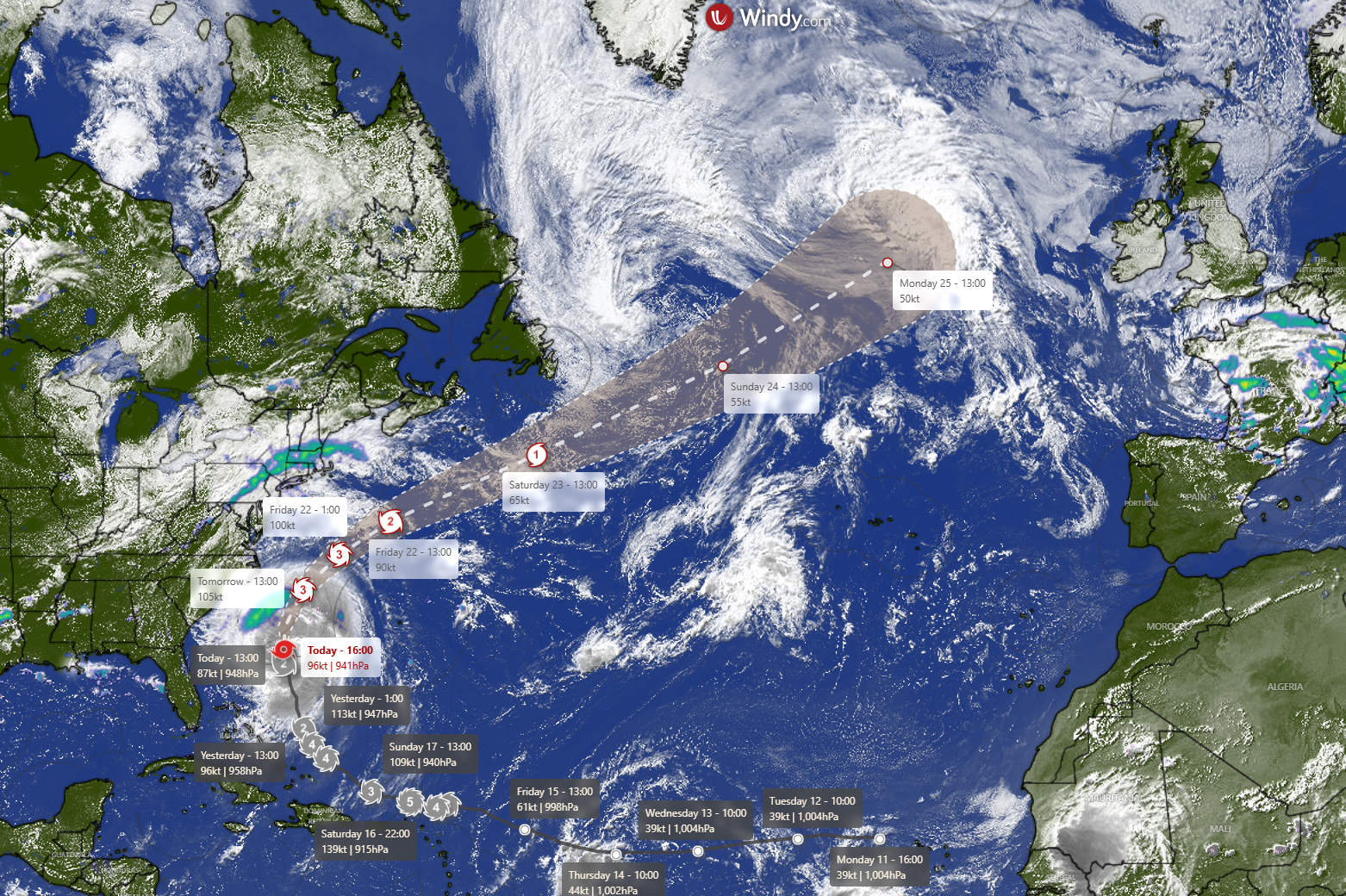

State of the UK Climate 2024
The UK’s climate is changing fast: the climate of 2024 is now considered different to that of 2015.
The State of the UK Climate 2024 report, published by the Met Office and partners, shows that recent years have continued to bring warmer, wetter, and sunnier weather than the 20th century.
Extreme weather events are now expected each year as a regular feature of our climate, bringing real impacts to communities across the country.
What is the report?
This annual report looks back at the weather of 2024 and the previous decade (2015–2024), comparing it to long-term climate records for the UK.
It’s based on observational data from weather stations, coastal waters, and other sources, and is published in the International Journal of Climatology. The report is prepared annually by the Met Office, with contributions from the National Oceanographic Centre and Woodland Trust.
A decade of warming temperatures
The UK is warming at a rate of about 0.25°C per decade. The last decade was 1.24°C warmer than the 1961–1990 average.
2024 was the fourth warmest year on record, with standout months including:
- Warmest May
- Second warmest February
- Warmest spring
Extreme heat days are becoming more common. In the last decade, the number of days with temperatures 5°C above average has doubled, while days exceeding 8°C and 10°C above average have tripled and quadrupled respectively. This increase in heat is causing excess deaths and putting pressure on sectors like the health service.

Wetter winters and flooding
Rainfall is increasing, especially in winter. The decade 2015–2024 was 10% wetter than 1961–1990. Winter 2023–24 was the wettest on record, contributing to 2024 being the 13th wettest year since 1836.
Flooding caused major disruption in South Wales and Oxford, and the UK experienced nine named storms in 2024.
The Thames Barrier was closed 11 times in 2024, mostly due to high tides and sea levels, not storms, highlighting rising baseline risks.
Rising seas and warmer waters
Sea levels around the UK have risen by 19.5 cm since 1901, with two-thirds of that rise happening in just the last 30 years. Coastal waters have warmed by 0.9°C since 1961–1990.
Less Snow and Frost
As winters warm, snowfall events and frost are becoming less frequent and severe across the UK. However, November 2024 brought a notable exception: the most significant snow event in November since 2010, with 10-20 cm of snow reported in the Peak District.
Despite this, the long-term trend is clear. Snow events have declined since the 1960s, and 2024 recorded the lowest number of ground frost days on record, continuing a steady decline in frost since the 1980s.

Nature’s response
As the climate warms, earlier springs and longer growing seasons are becoming more common. Spring 2024 was earlier than average for most species monitored, largely due to the very warm February. First leaf dates for trees like elder, hawthorn, birch, and oak were 7–11 days earlier than the 1999–2023 average.
Plants are keeping their leaves for longer and mowing seasons have lengthened.
Want to learn more?
About the author
Jen Stout is the Science Engagement Officer at the Royal Meteorological Society




